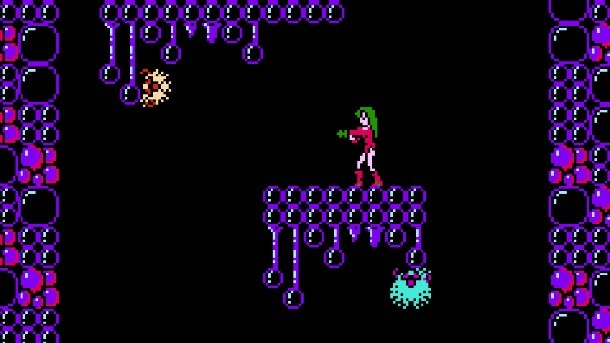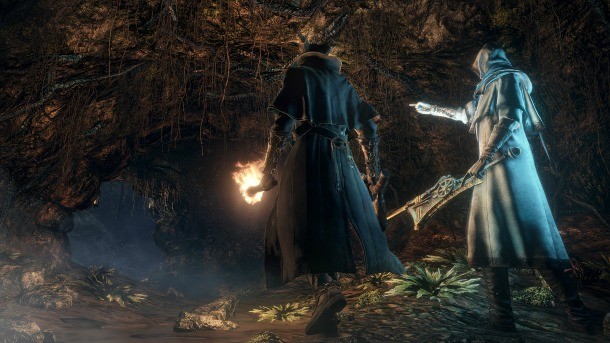Opinion – Bring Back Cheat Codes

Even though the possibilities in video games are theoretically endless, our activities in them are still bound by rules. You only have so much health. Your gun only holds so many bullets. You can only jump so high. These limitations add structure and tension to the gameplay – but aren’t rules even more fun when you can break them?
Following the rules allows us to experience games as their developers intend, but it isn’t always what I want. Sometimes I want to bypass a frustrating mechanic, or get something different out of a game after I’ve seen everything it offers. For that, I use cheat codes – or at least I did.
At Game Informer, we used to have a section of the magazine devoted to codes called “Secret Access.” We discontinued it back in 2009 (and it focused more on strategies from developers than codes in that final stretch). We didn’t stop because people didn’t want codes – we stopped because the well dried up. There simply weren’t codes to print. These days, the ability to enter a code and reap the benefits is rare, and that’s a shame.

Cheat codes were a key part of the gaming experience for me when I was young. I remember turning straight to the codes section in Nintendo Power every month. I wasn’t just looking for ways to get an advantage in the games I owned; I also used the available codes to help determine which games I would rent or buy in the future. Games with the potential for infinite ammo or health always had an edge over those without. That’s not because I didn’t enjoy a challenge, since I usually played games legit my first time through. However, when you’re a kid with limited spending money, cheat codes were invaluable for increasing replayability and giving players new ways to experience familiar content.
Creating carnage in Grand Theft Auto III with codes for weapons and tanks, blasting through Contra thanks to the iconic Konami code, and entering the “Justin Bailey” password all depend on bending the rules – but they are some of the most common shared experiences in video games. Using these codes didn’t get you dismissed as a filthy cheater; everyone was using them, because they were tons of fun. But if people liked them, why get rid of them?
I’m not a developer, so I don’t know exactly how cheat codes fell out of favor. Maybe it has something to do with the fact that the advantages they granted started to become partially integrated with the regular mechanics. Regenerating shields are effectively infinite health. Many games use checkpoints instead of limiting your of lives. Save files remove the need for level select cheats. Generally speaking, games are more forgiving and accommodating, which means that cheats might not grant the same advantage they once did.
Whatever the reason for their disappearance, I miss the freedom and the potential that comes from not being bound by a game’s rules. I miss being too powerful. I miss having an unrealistically huge arsenal. I miss causing trouble with impunity. Yes, cheat codes break the game, but as long as it doesn’t affect anyone’s experience but your own, who cares?

Not only are developers not including cheat codes, but they are actively squashing alternate avenues that gamers find to gain and edge. For instance, the latest patch to Dragon Age: Inquisition removes an exploit that let players obtain infinite gold, power, and influence. Bloodborne also received an update that fixed a way to duplicate items (and, by extension, gain infinite blood echoes). These exploits could be used to unbalance the games, but they could also allow players to simply bypass potentially tedious grinding. I wasn’t maxing out my stats in Bloodborne, but I was using the glitch to avoid the need to farm blood vials and bullets – and I’ve been having less fun with the game since it was fixed.
I understand the desire to standardize the experience, but escaping the normal restrictions is a treat for the dedicated fans who want to push the envelope and see every possibility. If nothing else, that’s certainly a more attractive incentive to keep a game after purchase than the vague promise of future DLC. If you don’t want to cheat, you don’t have to – but that doesn’t mean that the opportunity should be closed to everyone.

Get the Game Informer Print Edition!
Explore your favorite games in premium print format, delivered to your door.
- 10 issues per year
- Only $4.80 per issue
- Full digital magazine archive access
- Since 1991









